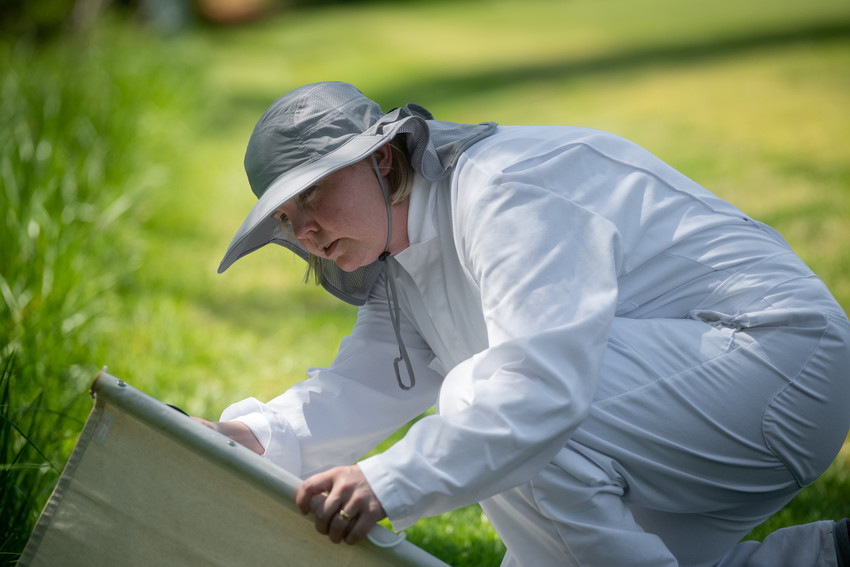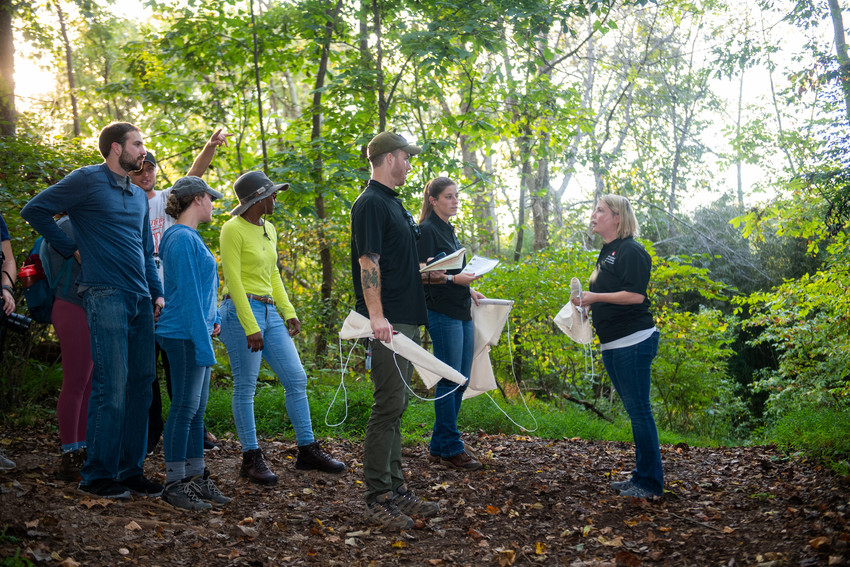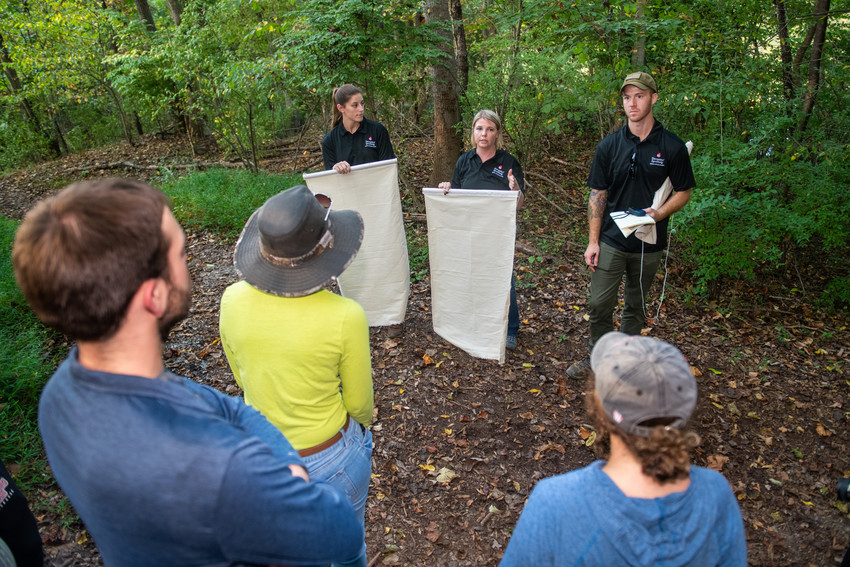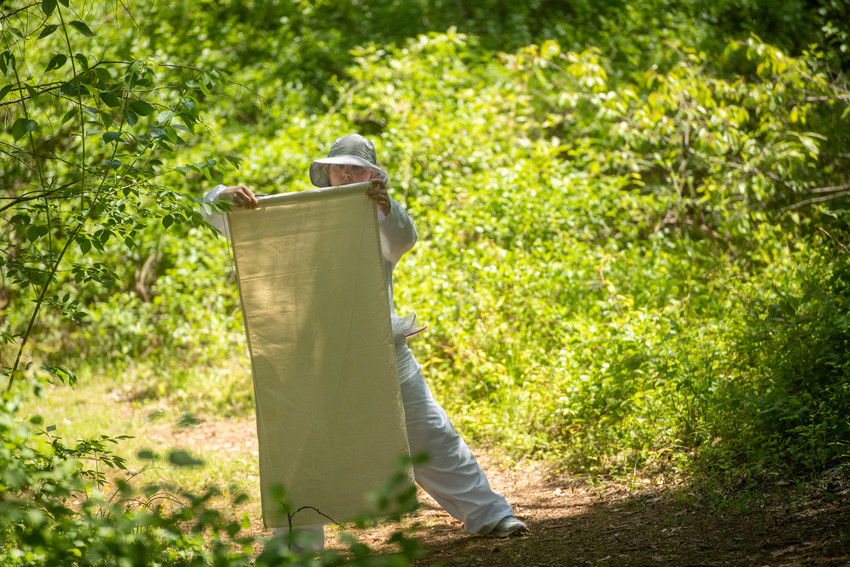Jennifer Hall, EdD, MCHES




Jenny Hall is pretty serious about ticks — more specifically, protecting people from them and the serious illnesses their bites can cause.
In 2021, she and her students partnered with the city of Lynchburg’s parks and recreation department on a project aimed at helping area residents stay safe from tick-borne diseases. Educational signs were posted at community centers and parks and along the city’s Blackwater Creek Trail system, which extends onto the University of Lynchburg’s campus. Signs also were put up on campus.
“Just knowing how many of these ticks are out there and how debilitating tick-borne diseases are for some people, I felt we needed to get the signage up and prevent more people from potentially getting sick,” Hall said.
The signage was an extension of research that began in 2019, when Hall, her students, and other faculty started “tick dragging” — using a cloth to pick up ticks hiding in vegetation. Hall is also surveying and interviewing people diagnosed with tick-borne illnesses and collecting data.
She said her “dream and hope” is to create an interdisciplinary center on campus dedicated to tick-borne disease and research.
“The center would provide a variety of education and outreach resources … designed and implemented for the community to help with issues related to prevention, diagnosis, management, and treatment of tick-borne diseases, particularly those most common to the Central Virginia region,” she said.
University of Lynchburg | 1501 Lakeside Drive |Lynchburg, VA 24501-3113| 434.544.8100